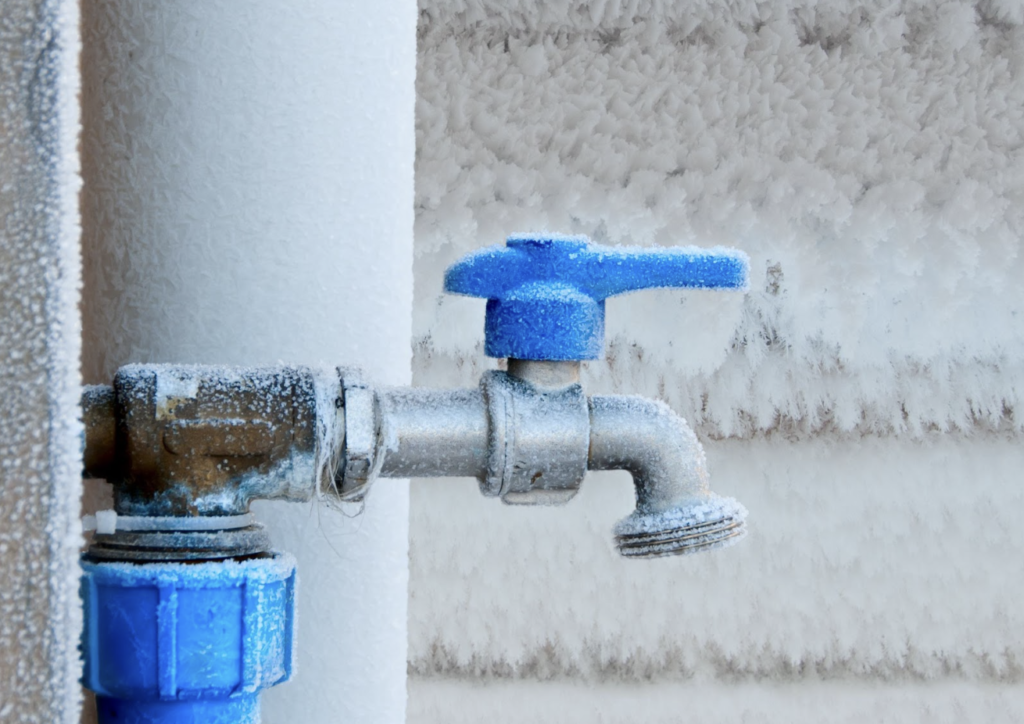When the days become shorter and the temperature drops, homeowners must start preparing their homes for the upcoming winter. It helps protect your property against elemental damage in the upcoming colder months.

While there’s a lot on your to-do list, your plumbing and pipes are some of the most important things you need to winter-proof. In this article, we’re sharing a few tips on preparing your lines and ensuring they’re well-protected throughout winter.
- Schedule A Professional Inspection
Before winter sets in, you must call a plumbing expert like Fergusons Plumbing Group to inspect your pipes. They should help assess the condition of your line and check for any leaks and damages within your plumbing system.
Hidden leaks cause water damage in your home. When left alone, the fluctuating weather can stress your pipes, causing cracks and worsening the damage, creating more significant leaks. A qualified plumber from CW Service Pros can help patch up your lines, ensuring they’re ready for winter.
In addition, a reliable plumber also provides you with essential insights and tips on how to better care for and maintain your plumbing pipes during winter, reducing the risk of freezing pipes.
- Insulate The Pipes
When the temperature dips to negative figures, your pipes, especially those outside, can potentially freeze and burst. This leads to water damage and flooding. To prevent this, proper insulation is necessary. Insulating your pipes can trap warmth and shield exterior pipes from frigid winds.
There are various types of pipe insulation material you can use. The most preferred option is fiberglass which is best at trapping heat and suitable for pipes transporting hot water. Meanwhile, foam and rubber insulation are easier for the DIYer homeowner to install. You can also buy heat tape or cables that wrap around plumbing pipes to keep them warm during winter. Don’t forget to insulate areas such as walls and attics where pipes often run throughout your home.
- Seal Air Leaks
Aside from insulating your pipes, you must seal and insulate your home, especially drafty areas like doors and windows. Air leaks and drafts allow cold air to come in for a while letting hot air out. This lowers the temperature around your home and plumbing, causing uncomfortable temperatures and increased risk of freezing pipes. It also reduces your HVC’s overall efficiency, amping your utility bills.
- Take Care Of Outdoor Pipes
Outdoor plumbing is most susceptible to freezing due to its location. As such, you want to ensure that all outdoor pipes are properly taken care of before winter arrives.
Make sure to disconnect and drain your garden hoses. A garden hose is a pathway to your home’s plumbing system. Leaving them outside during winter can cause the water inside to freeze and expand, affecting any connected faucets and pipes. So, make sure to pack it away for the winter.
Then, close any shut-off valves supplying the outdoor hose. Open the faucet to drain the pipes and keep it open throughout the winter.
- Open The Tap
Even if your indoor pipes are well-insulated, they can still freeze, especially on a frigid day. To prevent that, you can simply turn on a tap to allow slow drips. Doing so helps keep your plumbing lines active and to avoid freezing. For the best results, open a tap furthest from your tank or main water line. Similarly, taps served by exposed pipes should be left on to keep them trickling.
- Open Cabinet Doors
Bathroom and kitchen cabinets often hide plumbing lines. One way to prevent these exposed pipes from freezing is to simply open cabinet doors. Doing so allows heated air to circulate throughout the area, warming the space and pipes.
This is even more important if it’s located along an exterior wall since they’re closer to the cold outdoors and are more prone to freezing.
- Ensure Consistent Temperature
While some homeowners adjust their thermostats to save energy during winter, maintaining a consistent temperature day and night helps prevent frozen pipes. A constant temperature ensures that your lines stay warm and free of ice.
In addition, maintaining a consistent temperature reduces stress on your heating system, which is critical during winter. Also, if you’ll be away during winter, leave your thermostat running at 55°F. Although it can strain your utility budget, it should help save you from spending thousands repairing a burst pipe and consequent water damage.
Takeaway
Since they contain water and are often made of metal which has high thermal conductivity, your plumbing pipes are prone to freezing. As such, frozen and burst pipes are a prevalent issue throughout the winter. That said, with proper preparation and the above winter-proofing tips, you can protect your plumbing pipes, preventing severe damage in your home.